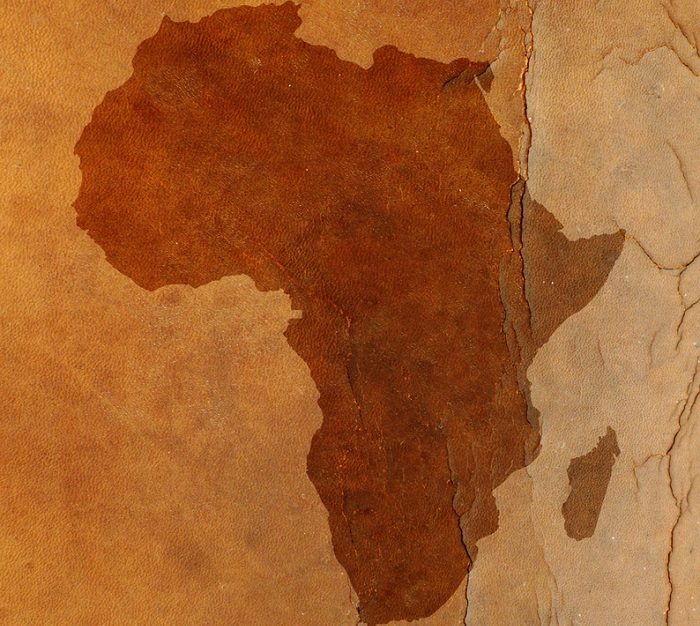
June 30, 2015; South African Civil Society Information Service
In hindsight, Alexander O’Riordan’s ruminations on the 2013 shutdown of the South African Institute for Democracy in Africa must seem eerily prescient after the South African Civil Society Information Service (SACSIS), to which he contributed, announced its closure on June 30th. The downsizing and imminent or outright closure of key African civil society organizations (CSOs) in recent years—what O’Riordan terms the “demise of African civil society”—are symptomatic of a common specter: a lack of sufficient funds to meet operational costs. If unchecked, the trend could weaken “third sector” voice and vibrancy with attendant implications for democratic governance in Africa.
O’Riordan advances several reasons for the financial crisis, including overestimating the good intentions of donors; pushing more for beneficiaries’ needs than their own institutional ones; a general inability/incapacity to speak to and defend the needs of critical CSOs contesting political spaces, and, critically, donors not fulfilling funding commitments and CSOs’ failure to hold them to account and follow the money trail.
Sign up for our free newsletters
Subscribe to NPQ's newsletters to have our top stories delivered directly to your inbox.
By signing up, you agree to our privacy policy and terms of use, and to receive messages from NPQ and our partners.
But this is not as easy as it sounds, as proven by CSOs’ demand for greater transparency in corporate and donor financial flows and expenditures prior to the July 2015 Third Finance for Development meeting in Addis Ababa. Even if African civil society does succeed in tracking aid investment, donor priorities will always be determined by prevailing political interests.
Proponents of African corporate philanthropy as panacea may be underestimating how much African businesses need to be on good terms with host governments, thereby informing their preference for safe projects focused mostly on meeting the most basic infrastructural needs of overlooked communities.
There are no easy answers. However, as African CSOs continue to awaken to the frightening reality of the evolving politics of aid to civil society, clearly earnest conversations must be had within thematic sectors and countries, as well as across regions, to broker agreement on practical ways forward for civil society’s continued existence and growth and engagement with core development issues and actors.—Titilope Ajayi













